The Tuscan System of International Cooperation for the 2030 Agenda for Sustainable Development
Title Il Sistema toscano di Cooperazione Internazionale per l’Agenda 2030 per lo Sviluppo Sostenibile
Location Tuscany
Duration 2019-2020
Partner ANCI Toscana
Funding Direzione Affari Internazionali della Regione Toscana
Context
The Tuscan regional government has always been characterised by its attention to Sustainable Development issues and fosters an integrated and multilevel planning. For this reason, the Tuscan regional government has involved ARCO to carry out a research aimed at increasing the awareness of the local actors on their key role in the promotion of Sustainable Development, improving their knowledge on how to plan, implement and monitor strategies, policies and initiatives aimed at the pursuit of the SDGs at local and international level.
The Regional Strategy for Sustainable Development must be coherent with the programming for International Cooperation, so that they can both work towards the same goals. In this perspective, the role of the Tuscan System of International Cooperation – that involves public, private and social actors based in Tuscany and working in the world of development cooperation – is particularly relevant if we think about the importance of the local actors in the Decentralised Cooperation.
General objective
The report “The Tuscan System of International Co-operation and the 2030 Agenda for Sustainable Development” therefore presents the research results carried out in collaboration with ANCI Toscana. It aims at understanding how the Tuscan System of International Cooperation contributes to the implementation of the 2030 Agenda for Sustainable Development by analysing its strengths and criticalities, as well as its opportunities and future priorities. This analysis is also intended at providing the basis for future regional programming for International Cooperation and SGs localization.
Our contribution
The research was carried out between May and September 2020, and was divided in the following phases:
- 1. Analysis of previous documents and reports produced at regional, national and international level
- 2. Selection of a sample of local actors to involve in data collection;
- 3. Semi-structured interviews differentiated according to the categories of subjects.
- 4. Online questionnaire addressed to all Tuscan Municipalities in collaboration with ANCI Toscana;
- 5. Processing and interpretation of the information collected and drafting of the report.
The data collected allowed to identify and discuss both the strengths and weaknesses, as well as the opportunities and future priorities of the Tuscan System of International Co-operation. Researcher also elaborated recommendations for its valorisation, through the reference framework of the 2030 Agenda and a new integated planning consistent with the Regional Strategy for Sustainable Development.
Read more on our Locale Development
Related Projects
-

Social Impact Evaluation of the project “Housing Plus!” to contrast adult homelessness in Rome
-

Osteria Social Club, SROI evaluation of the social housing intervention of the Urban Housing Coop Net network
-

Mapping of social and health third sect organisations in inland areas of Tuscany for the TUSCANY HEALTH ECOSYSTEM – SPOKE 10 project
-

Action-research for the territorial development of the Casentino Valley
-

Social impact evaluation using the SROI methodology of small cocoa producers in Ecuador
-

Betting on the Future: Youth and Territory in the Empolese Valdelsa Municipalities
-
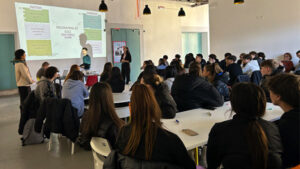
Generation 2030 training for local authorities on youth participation for sustainable development
-
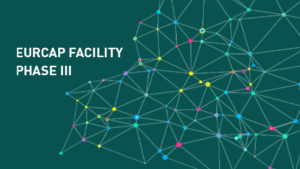
Capacity Building European Facility for the Readmission of Migrants – EURCAP, Final Evaluation
-

Voluntary Local Review of the Metropolitan City of Rome
-
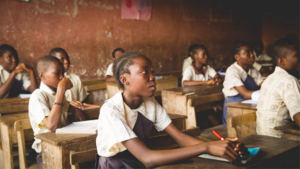
Evaluation of Dare to Hope, a project to create socio-economic alternatives to migration in Nigeria
-
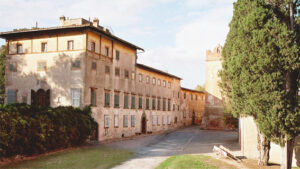
Territorial analysis for the recovery of the historic village of Villa Saletta
-

Territorial analysis for the enhancement of the Medici Gardens of Pratolino
-
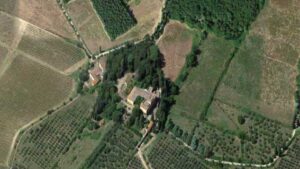
Studies and research for the eco-sustainable recovery, renovation and functionalization of the Villa Mondeggi Estate
-
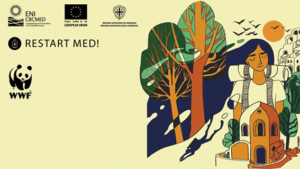
RESTART MED! capitalisation for the promotion of sustainable tourism in the Mediterranean
-
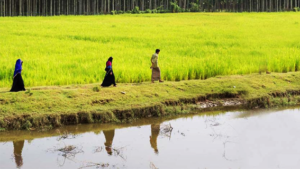
Evaluation of the project that fosters mainstreaming migration into international cooperation and development policies
-

Evaluation of the project INside AUT promoting the autonomy of persons holding international protection
-
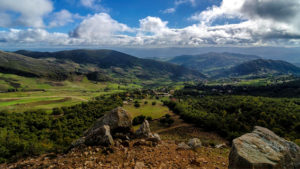
SDGs Localisation Strategies and Local Development in Tunisia
-

The Localization of the SDGs and post-pandemic recovery through enhanced multilevel governance
-

Migration and the localisation of SDGs: the role of diaspora associations for sustainable development
-
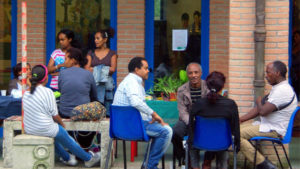
Final evaluation of the IOM project on municipalities and migration mainstreaming in Italy and Albania
-

Territorial analysis for the valorisation strategy of Atelier Marco Bagnoli and the association Spazio X Tempo
-
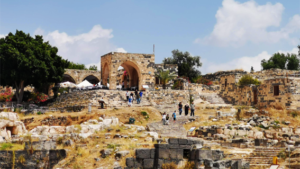
Mid-term evaluation of the MED GAIMS project for tourism promotion and preservation of cultural heritage in the Mediterranean
-

Territorial and socio-economic diagnostics for the Intermunicipal Structural Plan of Valdisieve
-
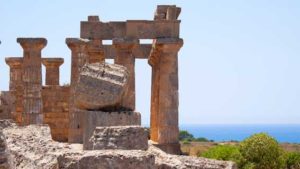
Evaluation of the CROSSDEV project to promote sustainable tourism in the Mediterranean
-

The Tuscan System of International Cooperation for the 2030 Agenda for Sustainable Development
-
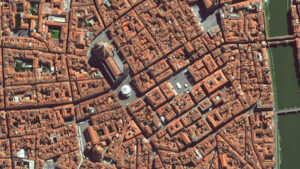
SDGs Localization for the 2030 Agenda for Sustainable Development for the Metropolitan City of Florence
-
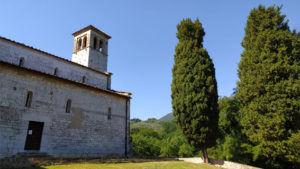
Development of sustainable tourism to preserve and enhance the Romanesque cultural heritage in Tuscany with Itinera +
-

SDGs localization to design sustainable development strategies | ARCO
-
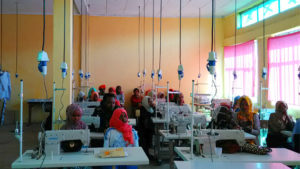
Mid-term evaluation of the project to contrast irregular migration in Ethiopia
-

Evaluation of the SPRAR projects managed by ARCI Toscana
-
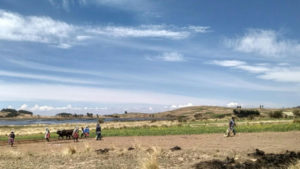
ECO.COM: strengthening local economic development in Bolivia
-
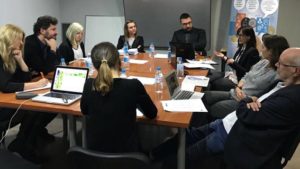
Cycle: il progetto per integrare l’economia circolare nella formazione per adulti
-

Need assessment to foster social inclusion in Tuscany
-

RB Tex: the new ethical label for the textile industry
-

Investigating the link between migration and development in Italy
-
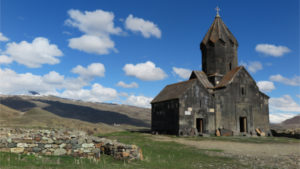
Action-research for ecotourism development in Armenia
-

Increasing the sustainability of the local handicraft sector in Bethlehem
-
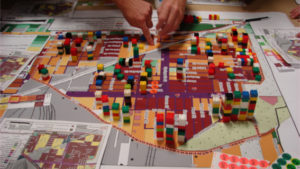
Strategic Plan of the Metropolitan City of Florence 2030
-
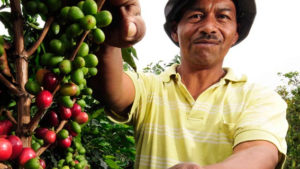
Impact evaluation of coffee cooperative in the Dominican Republic